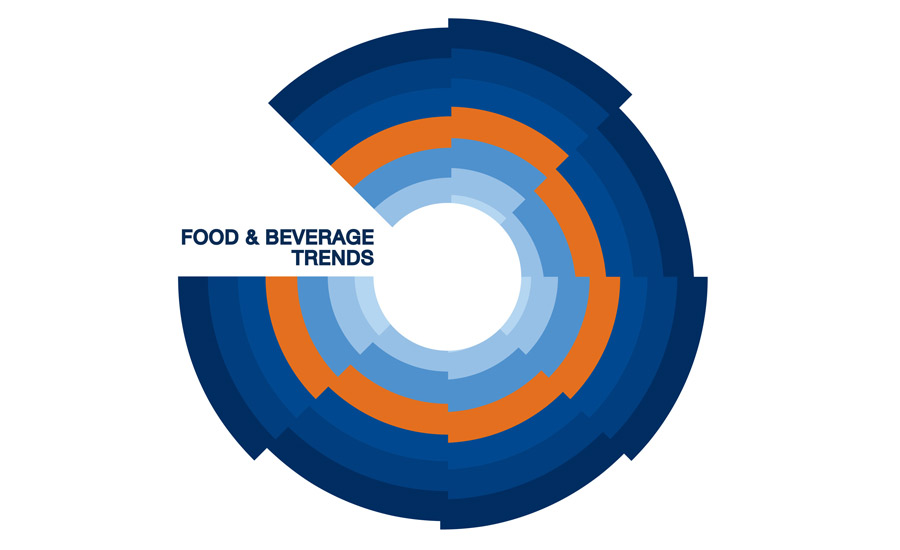Foodmix Marketing Communications, a Chicago food marketing agency, unveiled new brand affinity research. CEO Dan O’Connell presented findings at the 2016 United Fresh Produce Innovation Show held in Chicago. The full-service B2B2C agency initiated a proprietary survey to explore the unique relationship that consumers are forging with their favorite brands in an effort to help food marketers better connect with consumers during the current Food Renaissance. This is the first of several public opinion surveys Foodmix plans to release on this subject.
In March, Foodmix conducted market research to identify and understand US consumers’ evolving relationships with their favorite food brands. The research uncovered the extent to which consumers truly love food brands, the feelings and emotions that drive brand love, and the ways in which brand love drives consumers’ marketplace behaviors. Foodmix surveyed 1,000 consumers; the sample was representative of the US population by age, gender, income, ethnicity and region.
“Harnessing the power of advocacy by connected consumers is the holy grail in branding today. Our research helps guide marketers along the path of going from the cart to the heart,” said Dan O’Connell, CEO of Foodmix Marketing Communications. “Loved brands play by different rules than lesser liked competitors – they literally set the bar.”
A key finding is the enduring appeal of big brands. Respondents overwhelmingly identified large, established mainstream brands as makers of their favorite food products. “These brands provide levels of familiarity and comfort unmatched by newer, upstart brands, even among younger consumers,” said Bill Sherman, Research Director at Foodmix. “As evidenced by the research, national food brands in traditional categories retain enormous equity and share of mind.”
National brands were the favorites of about eight in ten consumers, and that incidence was consistent among Millennials, Gen X’ers and Baby Boomers. Over half of those surveyed categorized their favorite brand as a staple food, as opposed to health, specialty or gourmet foods. Not surprisingly for a generation known for its adventurous spirit with food, Millennials were more likely than older consumers to say that their favorite food brand was a specialty food.
“Our research has shown there are a lot of myths out there,” O’Connell added. “Many reports of brands being dead are exaggerated. Brands are still thriving, even among the
much talked about Millennial demographic. As food has become a driving force in our culture brands have become even more important, and, as the study suggests, loved. The difference today is that big dollars and heavy media do not automatically translate to success. Convenience, value and taste – once considered enough to differentiate a brand – are merely table stakes today. Consumers want to know the story, and that the story is true and aligns with their own values.”
The study comes after Foodmix Marketing Communications’ recent agency evolution. As a result of The Food Renaissance bringing changes to the food industry by connecting brands, chefs and consumers differently than ever before, the agency is placing a greater emphasis on mining for insights which will be unique to its clients and drive lasting brand/brand love relationships. In the end, the research demonstrates there is a hurdle all food marketers face: steering their brands along the path from being “liked” to “loved.”
Foodmix Reveals Brand Affinity Research
Foodmix Marketing Communications CEO reveals groundbreaking research at United Fresh Produce Innovation Show
